J’Accuse…! (Poem versus Silence)
$26.95
In a time of malevolent righteousness, often described as Cancel Culture, J’Accuse is an essay-in-poetry by Canada’s Parliamentarian Poet Laureate emeritus that responds to the impacts of being “cancelled.”
Poetry 2021 • 6 x 9 inches • PB 208 pages • 9781550969535
Poetry/Canadian. Social Science/Sociology/Social Theory.
What is it like to be “cancelled,” to be shouted down by the virulently self-righteous, and to be permitted no hearing, no defence?
In J’Accuse…! (Poem Versus Silence), an essay-in-poetry by Canada’s Parliamentary Poet Laureate emeritus, George Elliott Clarke contemplates how terrifyingly easy it was for him to fall victim – in January 2020 – to shrill defamation and scurrilous denunciation, to face “anti-social” media intimidation – all facilitated by reportage that spurred outrage rather than reflection. The result? Censorship and silencing, blacklisting and gag orders, the specialty of tyrannies, including the newfangled cult of “cancellaires” and “digilantes.”
J’Accuse…! is a poignant manifesto that calls upon intellectuals and radicals to never submit to impulses that intentionally, or even unintentionally, forbid debate and questioning.
J’Accuse…! ponders what is truly unspeakable: injustice.
J’Accuse…! is a cri-de-coeur that unflinchingly reveals the personal cost – borne by all poets who strive to “bear witness to Treasure – / despite all opposing Battery.”
George Elliott Clarke was born in Windsor, Nova Scotia, has served as the fourth Poet Laureate of Toronto (2012-15), the seventh Parliamentary/Canadian Poet Laureate (2016-17), and is an Officer of the Order of Canada. A professor of English at the University of Toronto, Clarke has also taught at Duke and Harvard. He has published over 20 books of poetry, four plays, two novels, and has won numerous awards. He lives in Toronto.
+++
“J’Accuse…! is so dynamic, joyous in its language and emotion, and consistently exciting, engrossing…. A page-turner! And mysteriously easy to read given the inventiveness, colour,
and torsion of the poetic language…. A wonderful combination of the sophisticated, the primal, and the available. Great poetry has this sense of generous, human outreach from a very high and deep place. Something that comes down from the mountain yet without condescending.” —A.F. Moritz, Guggenheim Award & Griffin Poetry Prize Laureate & Toronto Poet Laureate (2019-23)
+++
Reviewed by John B. Lee:
“One of Canada’s most celebrated living poets George Elliott Clarke is outraged. His amazing response to a period of public shaming is self-described as a work that versifies animadversion – glossed by imagination. In his fourteen-part book, J’Accuse, he frequently compares himself to the neoteric Roman poet Cinna, wrongfully hanged for his misrepresented association with one of the assassins of Julius Caesar. And so one may or may not be familiar with the backstory of Clarke’s ‘guilt by association’ [his words] with a rapist and murderer, because of the fact that, innocent of any knowledge of this fellow poet’s crime, Clarke had briefly mentored the rapist poet and then expressed the possibility of including an interpretation of that individual’s poetry at a forthcoming university conference where he (Clarke) was to be a guest speaker. In his own defence, Clarke writes: I praised good poetry by a bad man. / I wasn’t whitewashing Bloodshed. / I was trying to advise a poet – / not help him scrub up as sparkly as Liberace. And so, in the popular press and in the court of public opinion Clarke found himself in a whirlwind of vitriol and vituperation, and in a phrase used frequently in the book ‘guilty by association’ and he the ‘pariah poet’ that Ivory Tower nigger. / That drat public figure. / That Phony.
“Anyone who knows the work of George Elliott Clarke, anyone even passingly familiar with his writing or his reputation as a champion of just causes, and anyone who might call Clarke a friend, would immediately question the accusers. Yet in this age of ‘truthiness’ and cancel culture (or as Clarke writes it Kancel Kulture – emphasis on the ‘K’ as in Ku Klux Klan) it is more a matter of what you believe to be true than it is a matter of what is true. Or as Clarke puts it: Well, the Truth is immaterial: It’s what you believe. As George Elliot states on several occasions in the early parts of the book he was convicted without a trial for the content of a talk he had not yet written. He was vilified in the press as he writes: reporters weaponization of Opprobrium – / to pervert Opinion to a Pitch of Calumny? …Well, ain’t black chaps everyone’s fave scapegoats? / I should have known …
“And this book is often hilarious. All those who would misrepresent Clarke should take note. He is brilliant and clever and absolutely uproarious. His puns are scathingly funny. Here are a few fine examples. Imagine a civil servant being described as a ‘simple serpent.’ Take the phrasing of ‘Imprisoned’ (I was in lisping Misprison) or not as Literati, / but as niggerati, or A worse lyre – followed fast by a worse liar in case you missed the pun. Another example of Clarke’s cleverness Nuttin’s so tribal as da diatribal, eh? And in one of my favourite poems in the book after mentioning ‘iffy Pound’ and thereby reminding us all of how a poet is sometimes not as good as his poems he ends the poem by affirming the book title’s reference to Zola’s letter on the infamous Dreyfus affair, – since Zola – to run afoul / of regime after regime of attempted regimen of the Soul.
“The book is dedicated to several female victims of violence, most tellingly to Pamela Jean George, the Cree woman raped and murdered by the bad man who tricked Clarke into a brief mentorship. And one thanks one’s lucky stars for poets as courageous as Clarke, poets who not only believe in poetry, but risk everything to champion the ‘poem over silence.’ And he importunes us all: Remember Ms. George: / Her wind-dark eyes, her pine-dark hair, / the sable glint of her ink, unsullied, / until radio’d blues stained the night. Sometimes poetry is important. Sometimes it is essential. This virtuoso behind Execution Poems, strikes a blow for truth and we who see the honest man behind the mask of words are reconciled and grateful for the courage of the man who wrote J’Accuse in bold red against a stark white cover followed by an ellipsis closed by a well-earned exclamation point …!”
Only logged in customers who have purchased this product may leave a review.
Related products
Poetry
Poetry
Poetry
Poetry
Poetry
Fiction


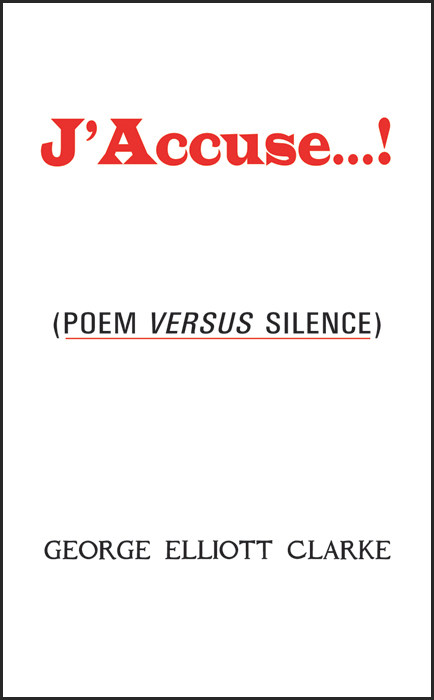
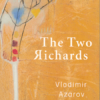

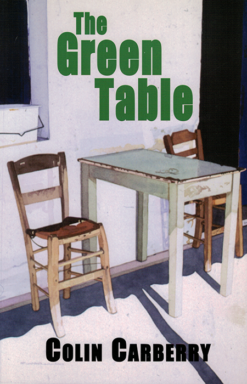
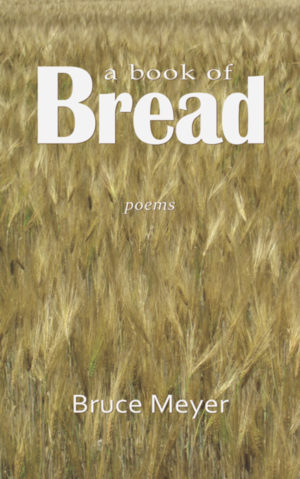
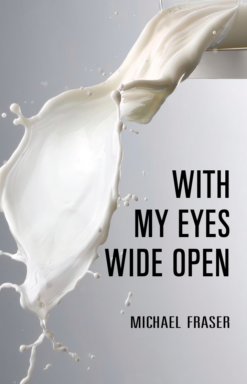
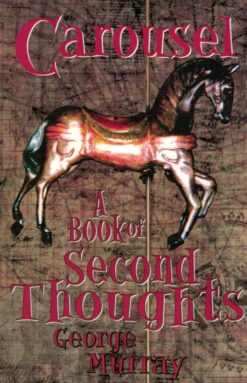
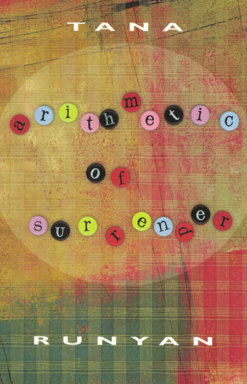
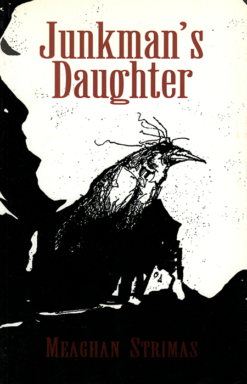
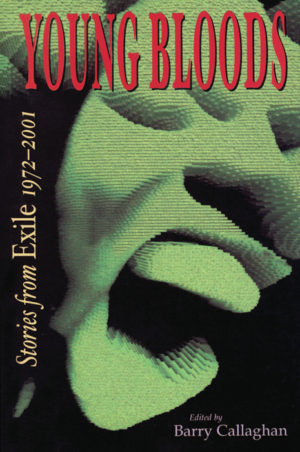
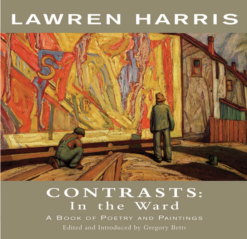
Reviews
There are no reviews yet.